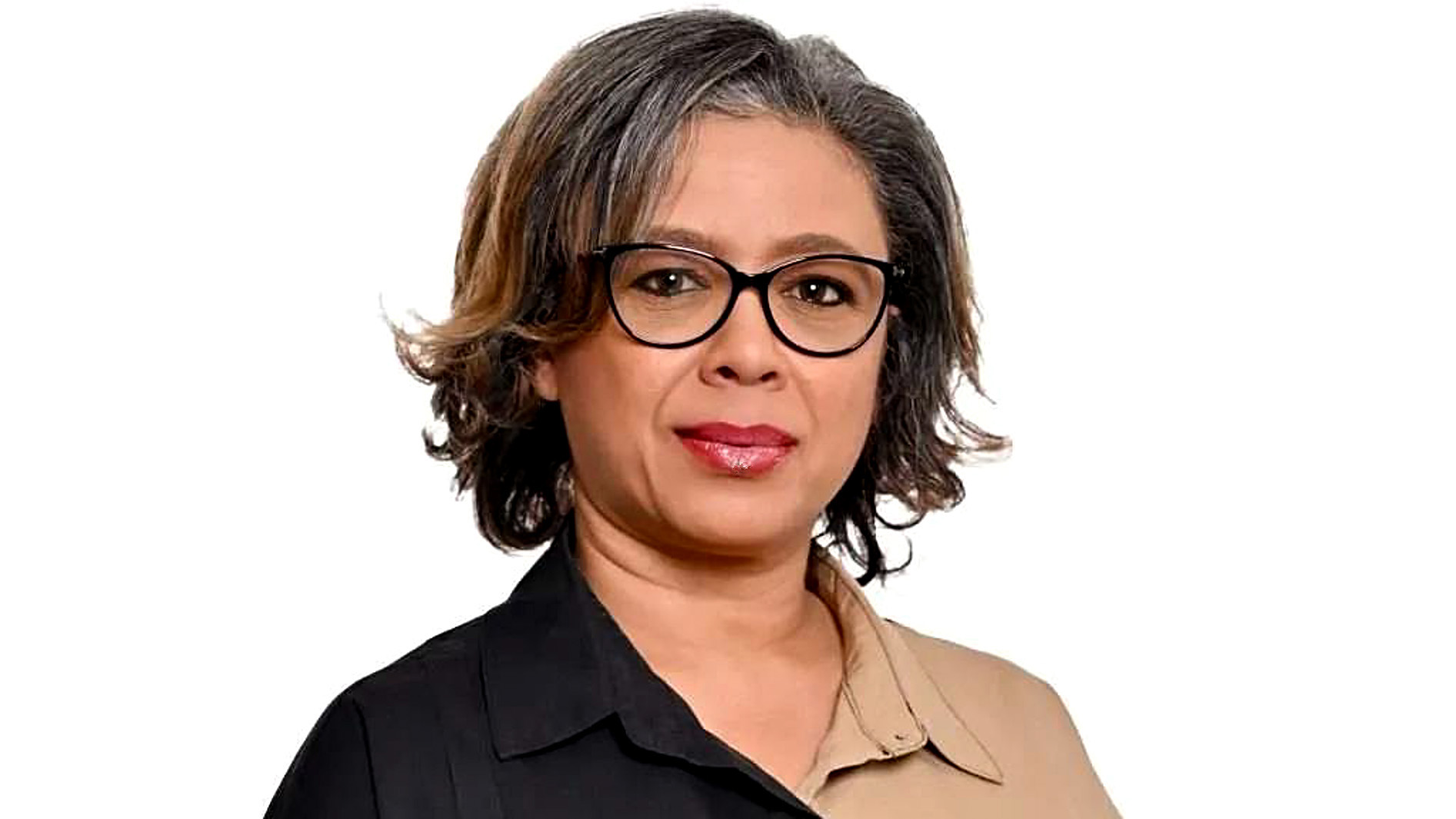Michelle Phillips, the CEO of state-owned transport group Transnet, came close to clinching the title of businessperson of the year. In the end, Daily Maverick readers voted for Mteto Nyati, the chairperson of Eskom.
Phillips and Nyati face the same challenge: leading and reforming broken entities that harm South Africa’s economy and competitiveness in their current state.
In Phillips’s case, she has officially been at the helm of Transnet since February 2024, when former public enterprises minister Pravin Gordhan confirmed her permanent appointment. She became Transnet’s eighth CEO in 23 years (a count that includes acting CEOs).
Phillips has been with Transnet since 2001, serving in various roles over the past 23 years at the state-owned entity’s (SOE) port and pipeline operations.
Now as leader, she has a lot to do. Transnet undermines South Africa’s economic recovery potential because it cannot fulfil its basic mandate of efficiently running trains and port terminals across the country.
Partnering with the private sector
The SOE’s rail network is a crucial cog in South Africa’s economy, responsible for moving to markets most of the iron ore and coal produced in the country. But Transnet trains are often delayed or don’t move at all because of poor management of rail systems, cable theft and vandalism.
The volume of goods railed by Transnet has gone in the wrong direction. In 1996, Transnet moved 56 million tonnes (mt) of coal on the coal rail line to the Richards Bay Coal Terminal. Coal volumes peaked in 2017 at 76mt but fell to 72mt in 2020.
In 2021, volumes were down again to 58mt and remained flat at 58.3mt in 2022. Volumes declined further in 2023 to 48.7mt.
Transnet has a target of lifting rail freight to 170mt by the end of March 2025, which some industry players have described as ambitious.
Transnet ports are also miles behind in efficiency, container loading and waiting times and are rapidly losing market share and investment attractiveness to more efficient port operators on the African continent.
To fix these problems, Phillips and the Transnet board are embracing the private sector to run trains independently and to invest in infrastructure. On the port operations side, Transnet is partnering with private sector companies to run container terminals at the Durban and Cape Town ports. But reforms in ports and rail have been slow, even facing court challenges. DM





